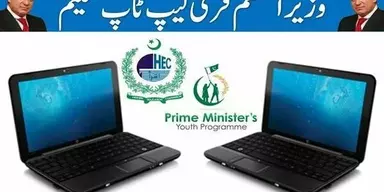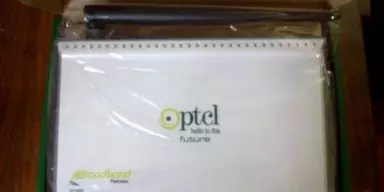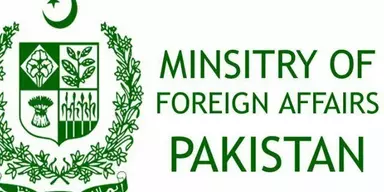What was internet landscape in the past, what it is like in the present and what it could be in the future? A comprehensive report titled “Pakistan’s internet Landscape” has been launched by “Bytes for All”.
The report is written by Jehanzeb Haque and it outlines all the mechanisms related to internet in Pakistan that are being employed by Government and existing legislations and their application. It also considers online censorship and surveillance and the impacts of such monitoring.
The report can be viewed here Bytes for All. Bytes for All is a human rights and advocacy organisation having a focus on information and communication technology (ICT). Regular debates are being organised by Bytes for All on ICTs for sustainable development and strengthening of human right movement in Pakistan.
Key findings can be summarized as:
- Internet has penetrated in approximately 15% of Pakistan’s total population and there are almost 15 million internet users on mobile alone.
- Blocking and filtration has been inconsistent and lacks transparency.
- Filtering/blocking of the data has a larger focus on Baluchistan crisis and this creates a negative impact on political setup and Pakistan Army.
- Radical religious groups are invading the internet sphere of Pakistan on a large scale and are forming a league that is dangerous to Pakistan cyberspace on many levels.
- Although a lot of filtration and blocking of content has been done by Government, but most of the users have turned to proxy servers, VPN (Virtual Private Networks) and similar tools and they still have access to a wide range of blocked/filtered content.
- Disconnection of mobile services every now and then causes a major disturbance as mobile phones are a popular way to access internet in Pakistan.
- Existing legislations are flawed and formulation of solid laws is required in order to discourage misuse of internet for illegal activities.
- Cyber–attacks are a part of Pakistan cyberspace for more than a decade and it has a deep relationship to India.















